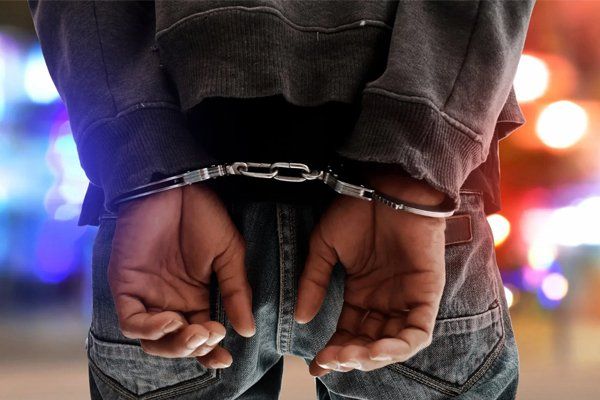Criminal Arraignment: Tips and What to Expect
The arraignment is your first appearance in court if you have a criminal case. Below is an overview of what to expect at the arraignment and the conduct to exhibit.
What to Expect
Many people who have never faced arrest don't know what happens during an arrangement. Below are some of the things to expect during the arrangement.
Notification of Charges
A judicial official, such as the District attorney, will read the official charges against you. Note that a criminal act or arrest can trigger multiple criminal charges. For example, if the police arrested you during a fight, the charges against you might be:
- Endangering public safety
- Creating a public disturbance
- Assault and battery
Each charge attracts its own punishment should the court convict you.
Notification of Constitutional Rights
The court will also inform you of your constitutional rights as a convicted criminal. For example, the court may inform you that you have the right to:
- A speedy trial
- A trial by a jury of your peers
- Legal representation
Note that constitutional rights might not be uniform for all criminal defendants. The nature of the charges determines your constructional rights at that time.
Plea Request
The court will also ask you to take a plea. Typical pleas include:
- Not guilty if you deny the charges against you
- Guilty if you accept all the charges against you
- Nolo contendere (no contest) if you neither deny nor accept the charges against you
If you remain mute, the court will enter a not guilty plea on your behalf.
Release Determination
If you were in custody, then the court may discuss your release during the arrangement. For example, the judge may decide to:
- Release you on your own recognizance
- Release you on bail
- Release you under the supervision of another person, such as a guardian
Note that your release is not a guarantee since some offenses are not bailable.
Future Proceedings
At the end of the arraignment, the judge will announce the dates for future court proceedings. For example, the judge might announce the date for the preliminary hearing.
What Conduct to Exhibit
An arrangement is not a hearing, and the process is usually brief. However, you shouldn't underestimate the significance of the process. Below are some tips on how to handle your arrangement.
Make a Good First Impression
The arrangement is your first court appearance after your arrest. Do your best to make a good first impression. If possible, wear presentable clothes and groom yourself properly.
Arrive Early
If you are not in custody, leave the house early so that you can arrive for your arraignment a few minutes early. The judge might issue a bench warrant for your arrest if you are late or miss your arraignment.
Check In When You Arrive
Many people are not aware of court procedures. Unfortunately, courts rarely accept ignorance as a defense. Check in with the court clerk or officer when you arrive. The officer will inform you of what is required for you so you don't make a mistake.
Communicate Effectively
The arrangement process requires effective communication from you. Effective communication is a two-way street - you should understand the judge, and the judge should understand you. Speak up whenever you reply to the judge's questions. Ask for clarification if you don't understand something, such as the charges against you.
Plead Not Guilty
Plead not guilty, unless you have consulted a lawyer and they have advised an alternative plea. You can always change a not guilty plea to another plea, but a guilty plea is difficult (though possible) to recant. A not guilty plea gives you time to get legal counsel and decide how to handle the case.
The right lawyer can bring a world of difference to your criminal case. Ralph Torres Attorney At Law is an experienced criminal lawyer with decades of experience. Contact us about your criminal case so that we can review it and determine the best way forward.



